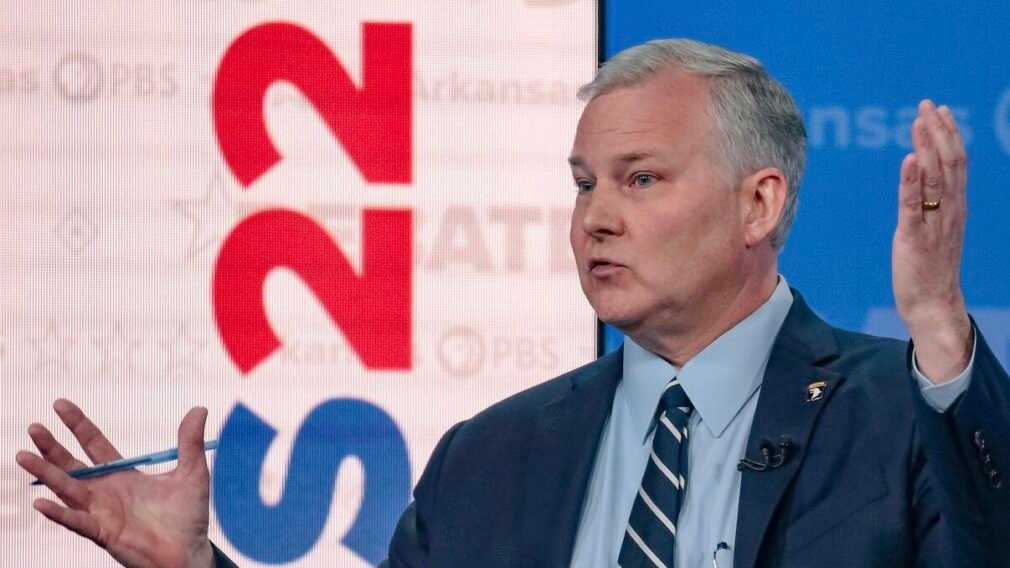Arkansas AG: Prediction Markets are Gambling, Require State License
Arkansas Attorney General (AG) Tim Griffin issued Opinion No. on October , stating that prediction market platforms like Kalshi are gambling. The AG’s opinion concludes these firms must secure a gaming license to operate legally in Arkansas.

State Senator Bryan B. King requested the opinion, questioning if Kalshi, described as a major prediction exchange, could operate without a state gambling license. Kalshi allows wagering on future events, including elections, natural disasters, and sports outcomes.
Prediction Platforms Meet State Definition of Gaming
The AG was asked whether a company like Kalshi would violate Arkansas law by operating without a gambling license. The answer was clear: Yes.
The Arkansas Supreme Court defines gambling, or gaming, as “the risking of money between two or more persons, on a contest or chance of any kind, where one must be loser and the other gainer.”
According to the AG, the platform’s activity meets this definition. A participant is risking money on the chance that some future event will occur.
AG Griffin stated that rebranding this activity as a “prediction market” does not protect it from scrutiny. The opinion further noted that facilitating wagers on sports outcomes or transmitting related data for gaming purposes also violates state law. Arkansas statute makes it unlawful to “receive or transmit information” concerning sports or games “for the purpose of gaming.”
Fantasy Sports Exemption Does Not Apply
The Senator also asked if contracts on sporting events would be subject to Arkansas’s fantasy sports tax. The AG determined the answer was No.
Arkansas law exempts paid fantasy sports games from gambling prohibitions, but only if they meet specific requirements. The AG found the prediction market model does not qualify for this exemption. To qualify, winning outcomes must be determined “predominantly by accumulated statistical results” of individual athletes. A winning outcome cannot be based on the score, point spread, or the performance of any single team or individual athlete.
Since the prediction market business model does not meet these criteria, it cannot benefit from the exemption to state gambling laws. Consequently, it would not be subject to the fantasy sports tax. Given that the AG determined a gambling license is required, further questions about regulating the platform as a financial exchange or the legality of trading contracts were rendered moot.
Recommended
